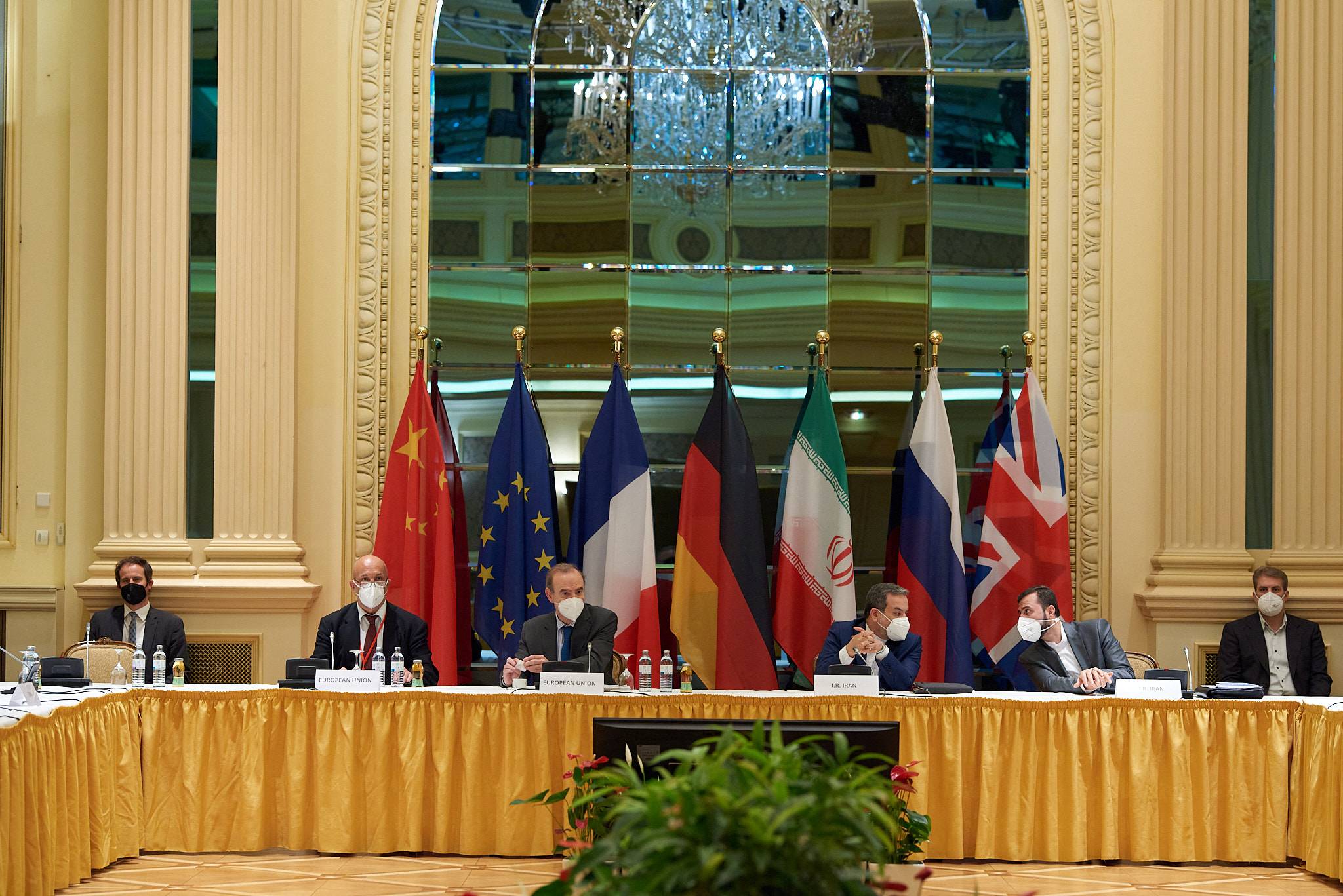
The United States created the problem regarding the implementation of the 2015 nuclear deal between Iran and major world powers, so it is up to Washington to resolve the issue, a senior political expert says.
amid ongoing diplomatic efforts in Vienna to bring the US back to compliance with the Joint Comprehensive Plan of Action (JCPOA).
“The 2015 nuclear deal was a United Nations Security Council-endorsed agreement. The US stepped away from the agreement and reimposed unilateral, nuclear proliferation-related sanctions on Tehran. Since the US tied the knot, it is for the US to untie it now in order to return to full standing in the context of the deal,” he said.
Former US President Donald Trump abandoned the agreement and reimposed the anti-Iran sanctions that the JCPOA had lifted. He also extended secondary sanctions to those who deal with companies involved in business with Tehran.
READ ALSO: Netanyahu threatens to topple Bennett’s government
Following a year of strategic patience, Iran resorted to its legal rights stipulated in Article 26 of the JCPOA, which grants a party the right to suspend its contractual commitments in case of non-compliance by other signatories and let go of some of the restrictions imposed on its nuclear energy program.
Now, the new US administration, under President Joe Biden, says it wants to compensate for Trump’s mistakes and rejoin the deal, but it is showing an overriding propensity for maintaining some of the sanctions as a tool of pressure.
Tehran insists that all bans should first be removed in a verifiable manner before the Islamic Republic reverses its remedial measures.
Currently, envoys from Iran and the P4+1 group of countries — Britain, France, Russia, and China plus Germany — are engaged in the sixth round of the Vienna talks seeking to bring the US back to compliance with the JCPOA.
An American delegation is also in Vienna, but it is not attending the discussions because the United States is not a party to the nuclear accord.
READ ALSO: Canadian protesters prevent Israeli ship from docking over Gaza offensive
Gupta said the US needs to “promptly lift all nuclear-related sanctions…, both primary sanctions on Iran and threat of secondary sanctions on Iran’s partners.”
“The real problem at the American end right now pertains to the issue of political courage – or the relative lack of it. On fraught international relations issues requiring difficult compromises, especially with adversaries, the Democratic Party tends to be politically craven – fearful that it will be outflanked on the right by the Republican Party, which is more or less fully captured by national security hardliners as well as pro-Israeli lobbies and interest groups,” he said.
“And so, the Biden Administration feels that it needs to tiptoe on political eggshells to get to its destination of resurrecting the nuclear deal (preferably, in its view, without having to remove all its post-2017 sanctions). Be that as it may, this is a self-created American problem, and it is for the sitting American government to sort it out at its end.”
The analyst also warned of the consequences of Washington’s Iran policy that involves attempts to portray the Islamic Republic as a “revisionist power and assemble a Jewish and Sunni Arab coalition to (mis)treat it.”
“At the end of the day, attempts to deny Iran its exclusive monopoly of power within its borders and the legitimate exercise of influence beyond will necessarily encounter pushback from Tehran – and indeed, that is exactly what has been the case in various forms,” Gupta said.












